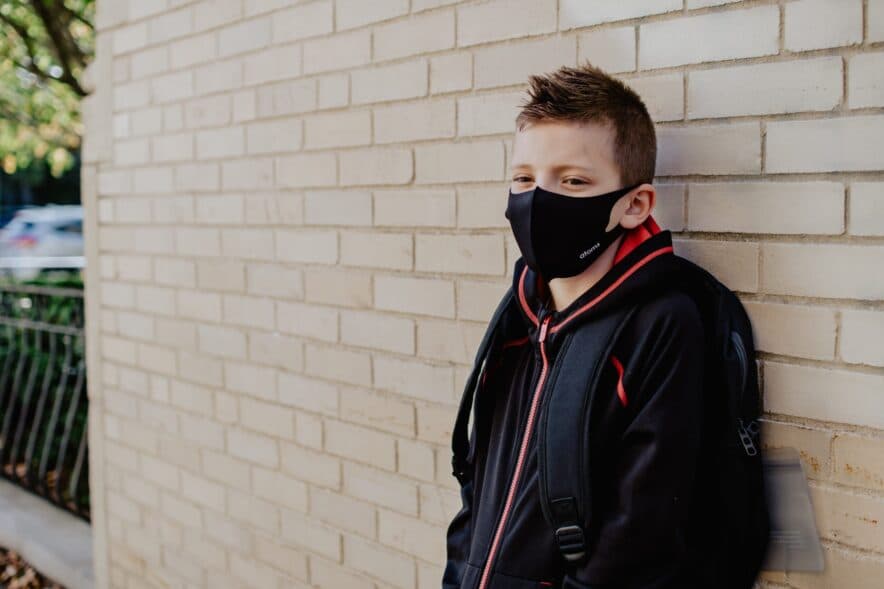Research
COVID-19
COVID-19 continues to impact children’s wellbeing, Uni SA research finds

Freya Lucas
Aug 23, 2023
Save
The stress and anxiety of the COVID-19 pandemic, and subsequent lockdowns, are having an ongoing effect on young South Australian children, health experts from the University of South Australia (Uni SA) have found.
Wellbeing covers various dimensions of psychological, physical, emotional, cognitive, and social experiences. Higher wellbeing is associated with healthy lifestyle behaviours like exercise, healthy eating, and self-esteem; and lower wellbeing is associated with smoking, alcohol, and drug use.In a new study, researchers demonstrated that children’s mental health and wellbeing have gradually worsened over the past six years, particularly during and after the pandemic.
Key measures of wellbeing including life satisfaction, optimism, happiness, cognitive engagement, emotional regulation, perseverance, worry and sadness were measured in more than 56,000 South Australian school children (in grades four to nine and aged 9-14 years) the study found that most wellbeing measures declined over time, consistently worsening from 2020 onwards which correlated with the advent of COVID-19.
Children in higher year levels, students from lower socioeconomic cohorts and female students were more likely to have poor wellbeing in comparison to their counterparts.
“During the pandemic, children had to change the way they learn, play and socialise, all the while living in an environment of widespread uncertainty and anxiety,” said lead researcher, UniSA’s Dr Dot Dumuid.
“Children and young people have dealt with school closures, isolation, social distancing and cancelled extracurricular activities, and this has led to decreased levels of physical activity and increased sedentary time,” she continued.
“Now that pandemic restrictions have been lifted, life has not necessarily gone back to how it was pre-pandemic. And when we assessed how children have fared in terms of wellbeing across this period, the news was not good.”
The analysis was conducted on cross-sectional annual data between 2017–2022 from data in the South Australian Wellbeing and Engagement Collective census. Children self-reported responses.
While the research is specific to SA fellow researcher Professor Carol Maher believes it has global relevance.
“The COVID-19 pandemic, sweeping changes in children's lifestyles – from physical activity and screen time to sleep and diet – and the pervasive influence of social media aren't regional anomalies. They're global phenomena likely impacting children's wellbeing worldwide,” she said.
The findings point to the need for urgent and equitable support to improve the wellbeing of all young people, particularly those facing disparity, the researchers said, which is important not only for children’s present day experiences but also for their future potential.
“Managing wellbeing and mental health in young people requires a whole-of-community approach, Dr Dumuid said.
“Government and school wellbeing programs are certainly a step in the right direction, but a lot more needs to be done to ensure this young group of Australians does not slip through the cracks.”
Don’t miss a thing
Related Articles



















